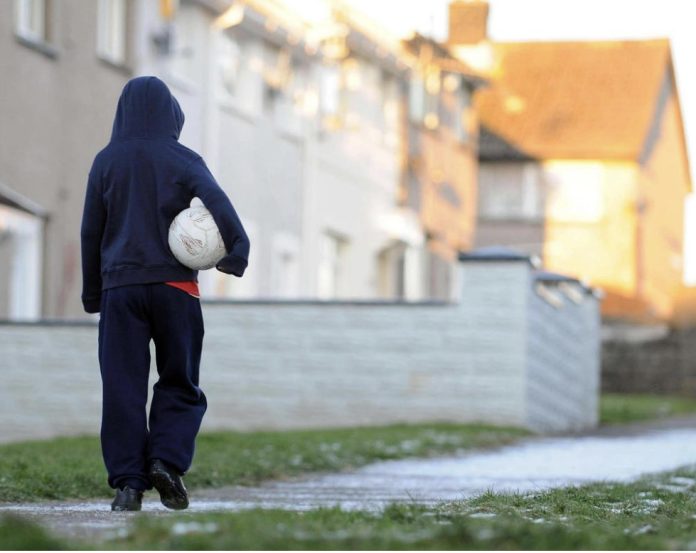The Labour Government’s first Autumn Budget, delivered today by Chancellor Rachel Reeves, included an extension to the Household Support Fund, an increase to the national minimum wage, and changes to Universal Credit and Carers’ Allowance, all of which have been welcomed by Resolve Poverty.
A 6.7% increase to the national minimum wage will benefit millions of low-paid workers, and a further extension to the Household Support Fund will mean local authorities can continue to support vulnerable households with the challenges they face due to the cost-of-living crisis.
Lowered debt deduction rates for people on Universal Credit mean that one million households will be £420 better off per year on average, while an uplift to the limit people can earn before being ineligible for Carers’ Allowance will mean an extra 60,000 carers are able to claim it.
However, the Chancellor’s decision to maintain the two-child cap on benefits – in spite of months of campaigning by charities and MPs alike – has been met with concern.
Resolve Poverty works with local and regional stakeholders to support them to tackle poverty in their area. This crucial work needs to be backed up by central government pulling the big levers that will drive down poverty nationally.
Graham Whitham, CEO at Resolve Poverty said:
“In the face of a prevailing cost-of-living crisis, the minimum wage increase and changes to Universal Credit and Carers’ Allowance announced announced today will provide a much-needed income boost to millions of people. It also comes as a relief to hear that the Household Support Fund will be further extended – which is an absolute lifeline to our most vulnerable households.
“This Budget was all about the government creating the conditions for getting the country back on its feet. However, there is an urgent need for further investment to drive down poverty in this country, and that urgency hasn’t gone away.
“The creation of a Child Poverty Unit and Taskforce announced shortly after the General Election represent the first time in over a decade that the UK government has set out considered and meaningful plans to address poverty. While this is a positive step forward, it must be backed up by essential and urgent policy change – such as scrapping the two-child limit – in order to make any anti-poverty ambitions a reality.
“Investment to reduce child poverty is investment in our future. If the government wants a successful society and a successful economy, they must address poverty head on.”







